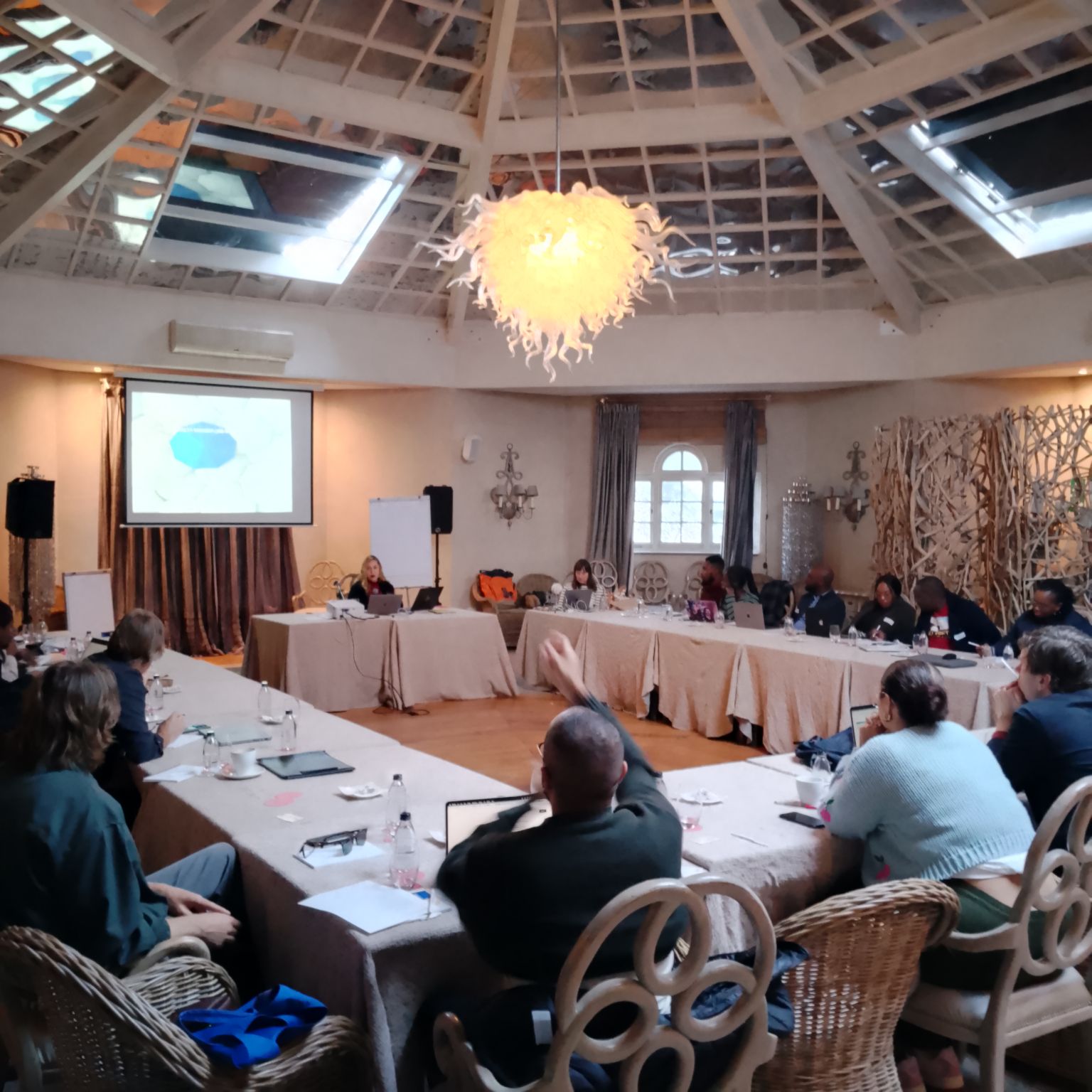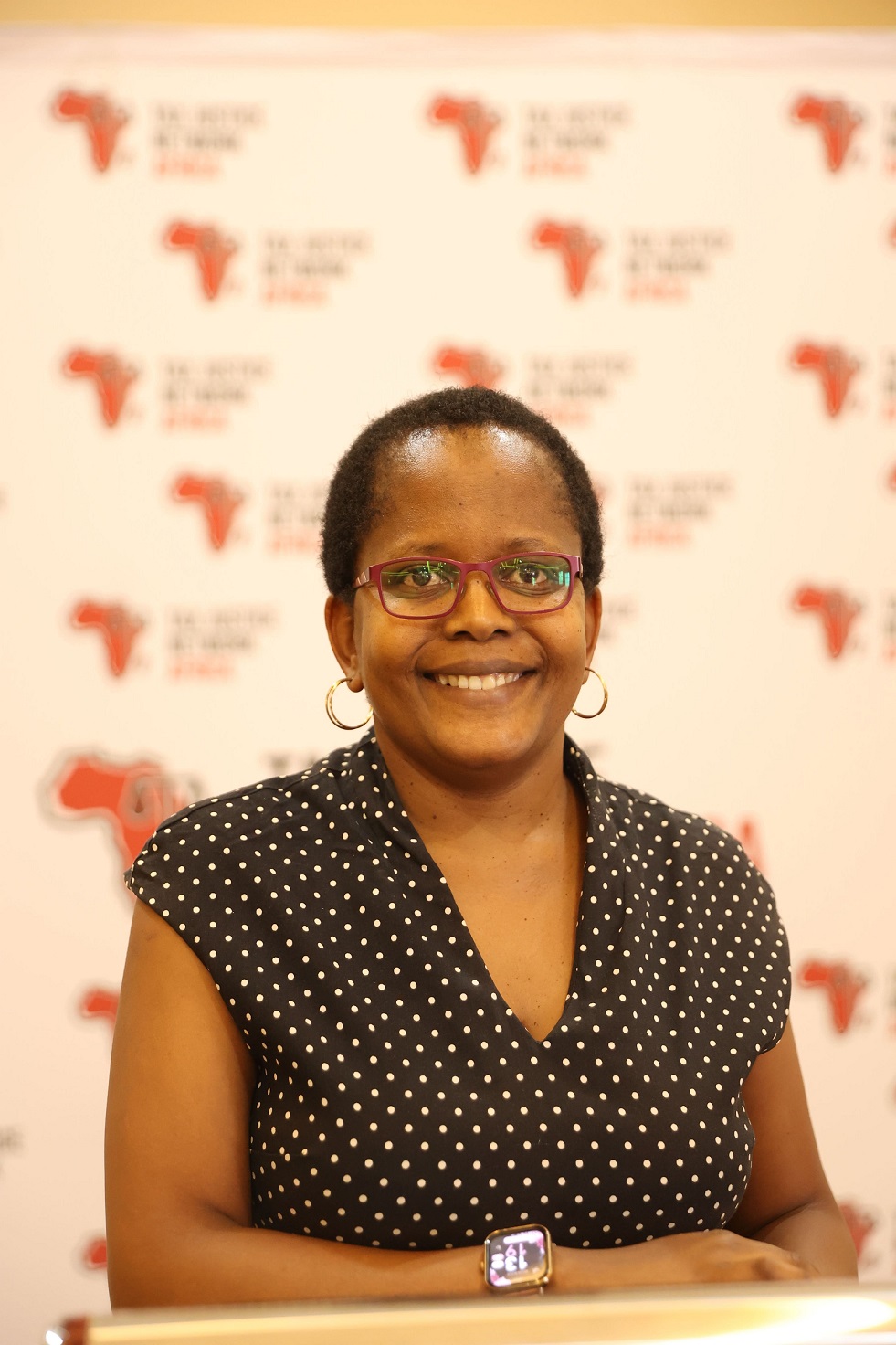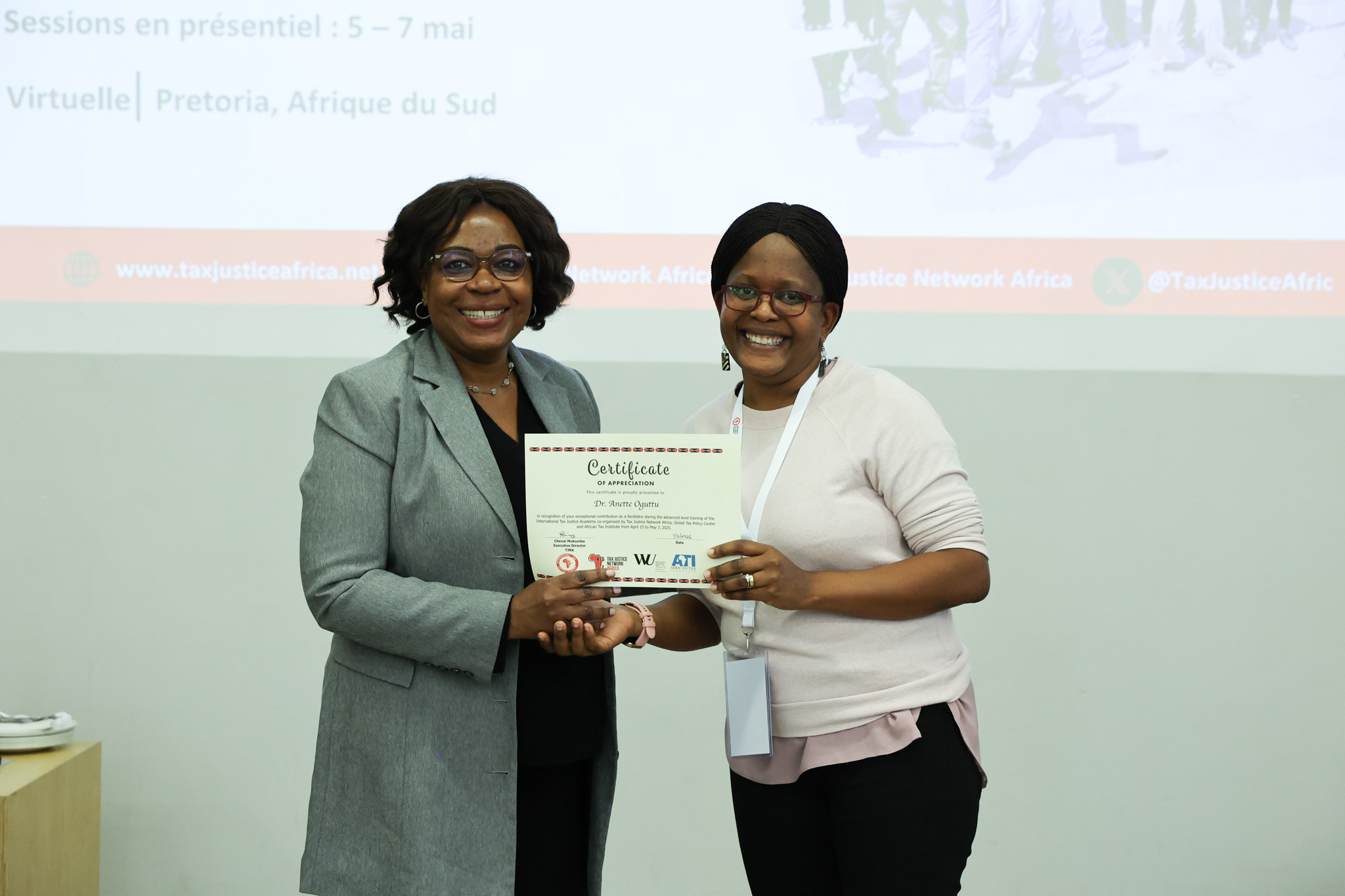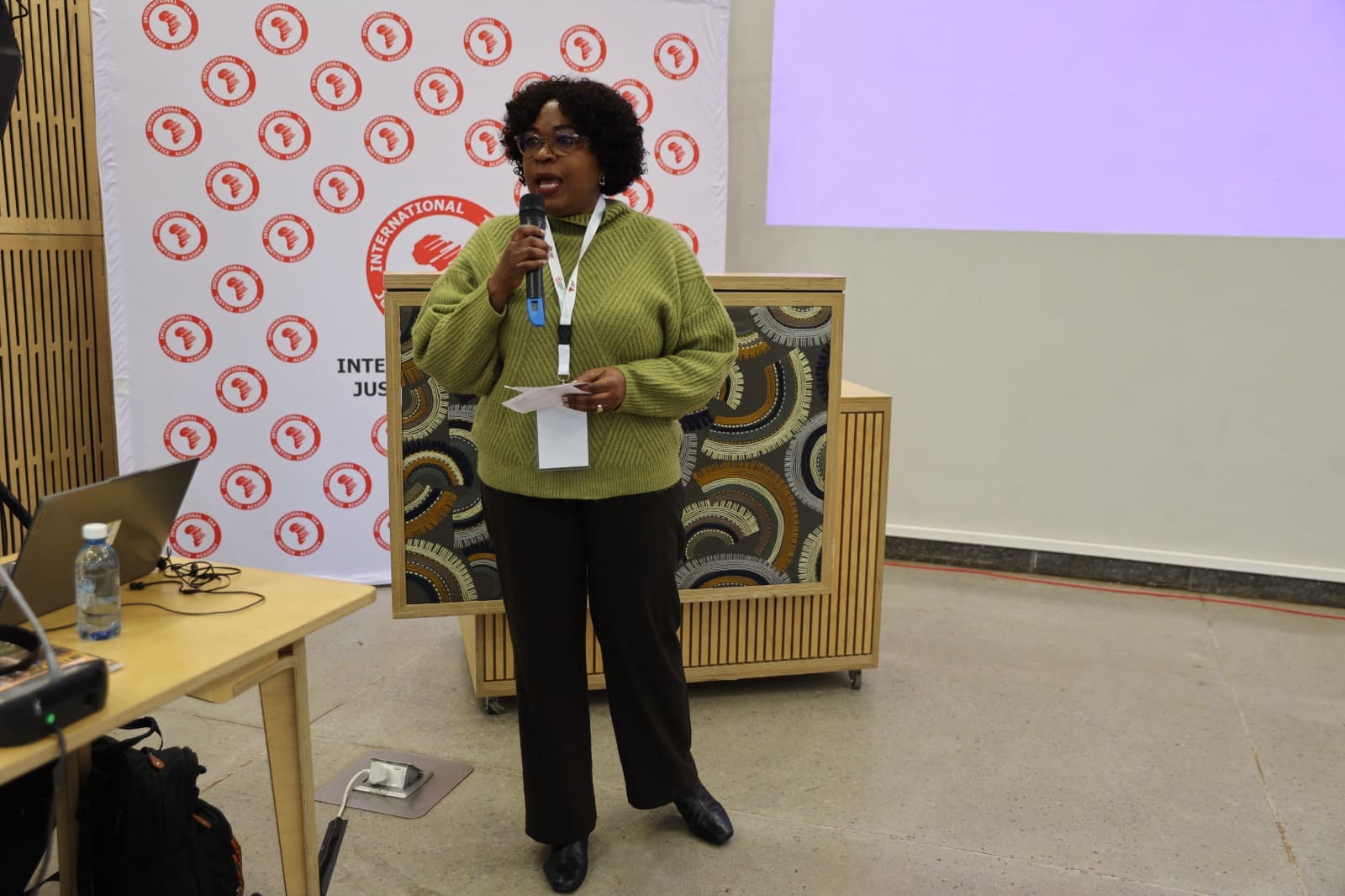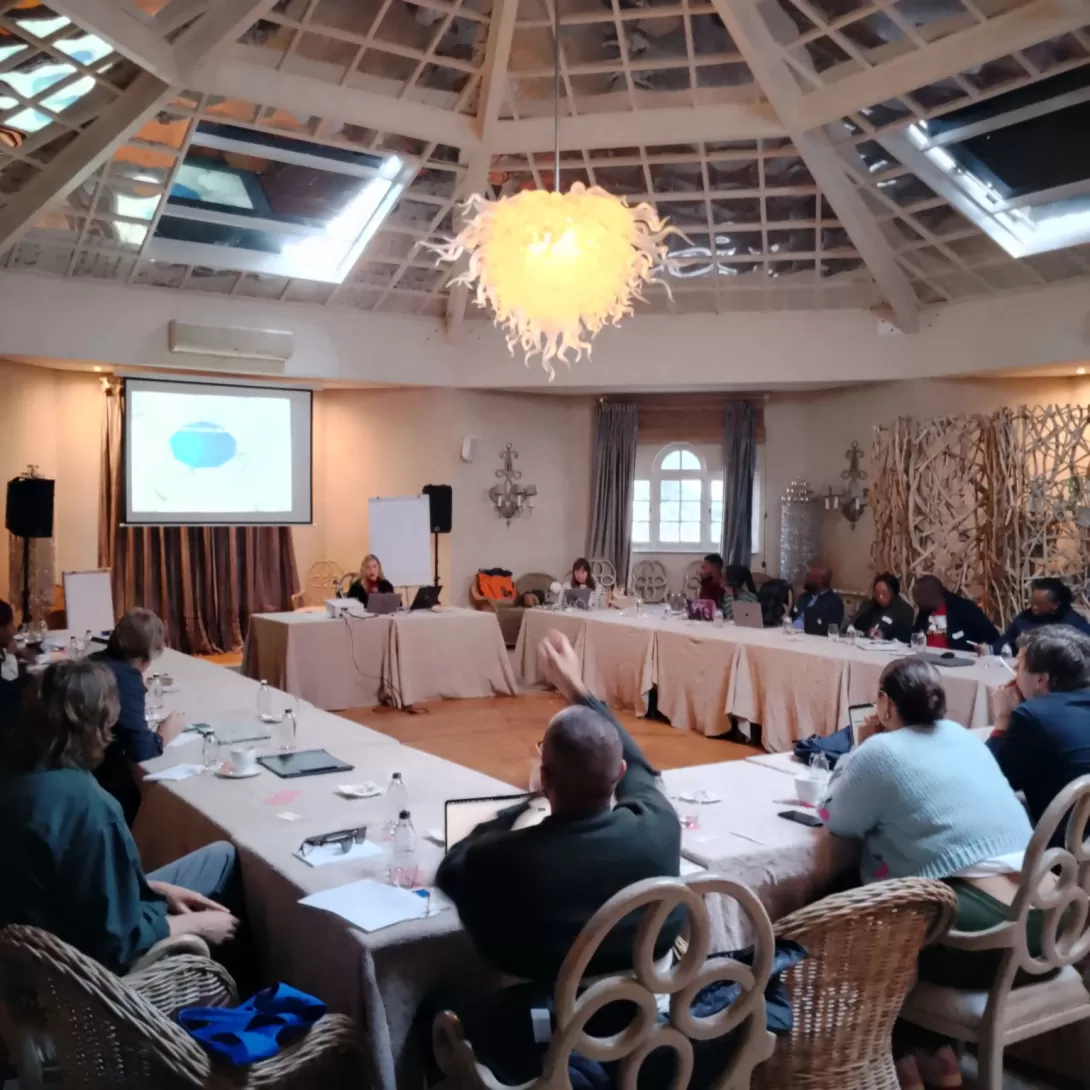
As cryptocurrency adoption surges across Africa, experts have warned that the continent faces a growing wave of crypto-fueled financial crimes.
This was the central message from the recent symposium on “Investigating Illicit Financial Flows and Cryptocurrencies in Africa,” held in Cape Town from May 23 to 27, 2025.
Organised by Code for Africa (CfA) in partnership with Deutsche Gesellschaft für Internationale Zusammenarbeit (GIZ) and under the African Digital Democracy Observatory (ADDO) initiative, the event brought together 30 experts, from investigative journalists and researchers to blockchain technologists, to unpack the new realities of financial crime in a digital age.
The experts cautioned that without swift action, Africa risks becoming a hotspot for money laundering, fraud, and other digital financial crimes that threaten economic stability and development. They called for the urgent need for tighter regulations and stronger cross-border cooperation to stem illicit financial flows hidden behind blockchain transactions.
“The cryptocurrency space is no longer fringe,” said Mr. Chris Roper, Deputy CEO of CfA, during the opening session. “It’s central to how illicit flows are being orchestrated and concealed. Journalists need both technical insight and collaborative strategies to follow the money.”
During the session, Tax Justice Network Africa (TJNA) emphasised the urgent need for regulatory bodies across the continent to strengthen financial policies governing the use of cryptocurrencies in the fight against illicit financial flows (IFFs).
In her remarks, TJNA’s Communications Officer, Ms. Mercy Kamau, highlighted the need for responsible use of cryptocurrencies, such as for fundraising to support charitable causes and promoting financial inclusion for unbanked and underbanked populations, while stressing that those who misuse these technologies to finance crime must be held accountable.
"Cryptocurrencies should be tools for empowerment, not enablers of crime. It is time regulators step up and perpetrators face the consequences,” Ms. Kamau added.
She urged journalists to strengthen partnerships with civil society organisations (CSOs) and appealed to institutions to provide access to critical data, key to producing hard-hitting investigative stories that expose illicit financial flows and crypto-related crimes.
The symposium also explored the media’s role in covering crypto responsibly. Ms. Yasmin Elgouze from the Thomson Reuters Foundation shared lessons from training journalists on blockchain literacy. “The hype around blockchain often overshadows the harm it can cause when unregulated,” she warned.
The author of Beyond Bitcoin, Mr.Simon Dingle cautioned against fearmongering, arguing that “It’s not just shadowy hackers; increasingly, it’s insiders exploiting crypto’s opacity for old-school corruption.”
Ms. Denisse Rudich of Rudich Advisory provided an insightful overview of the global regulatory landscape surrounding cryptocurrencies, drawing attention to several high-profile scandals that have recently captured international headlines.
She emphasized the growing challenge regulators face, stating, “We are witnessing a significant shift where regulation is continually playing catch-up with rapid technological innovation. This lag creates critical loopholes that are ripe for exploitation by bad actors.”
The delegates developed investigative toolkits and identified shared investigations. From expanding blockchain analysis skills to forming new cross-border collaborations, participants agreed that the only way to address crypto crime is together.
“This is not just about crypto,” said Daniel Wegner of GIZ in his closing remarks. “It’s about building the capacity to hold power to account in an increasingly digitised financial world.”
Africa cannot afford to remain passive in the face of rising digital financial crime. As cryptocurrencies continue to reshape the financial landscape, so must the continent’s investigative capacity, regulatory frameworks, and cross-border cooperation.
Tax Justice Network Africa is building a new Africa where tax justice prevails. Alongside leading researchers, policymakers, campaigners, and civil society organisations, we are mobilizing a movement to comprehensively transform tax policy, challenge harmful investment practices, improve international tax transparency, and restore sovereignty of natural resources back to African countries.
For more information on the symposium, please contact Mercy Kamau at mkamau[@]taxjusticeafrica.net


